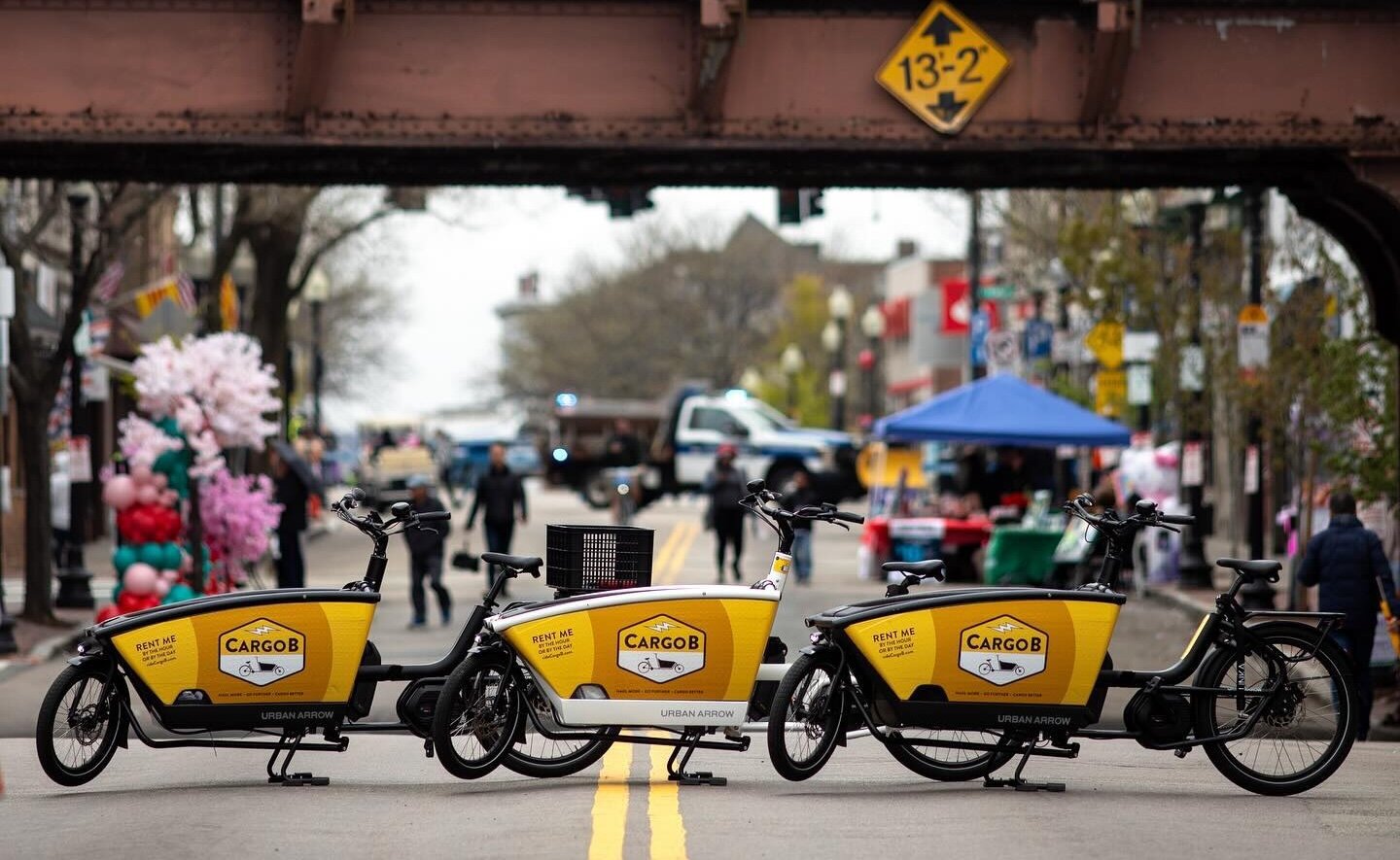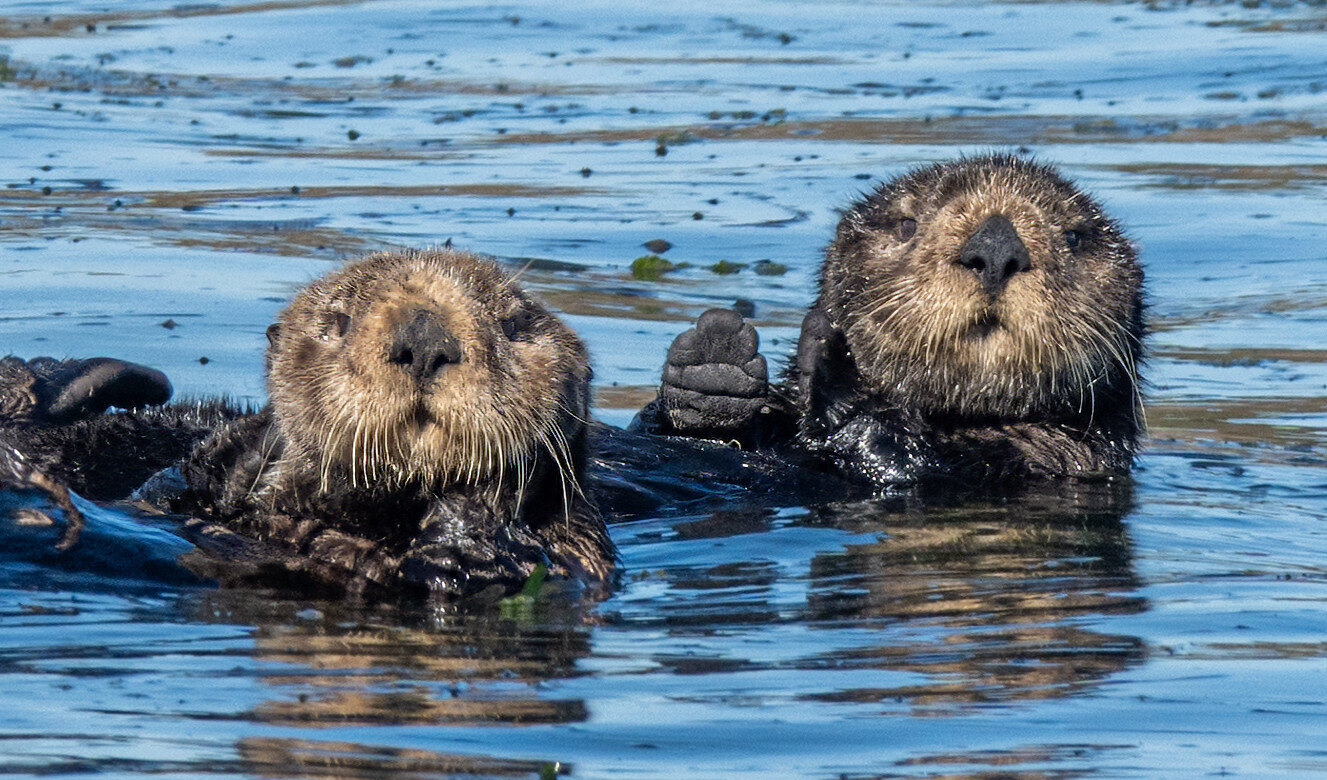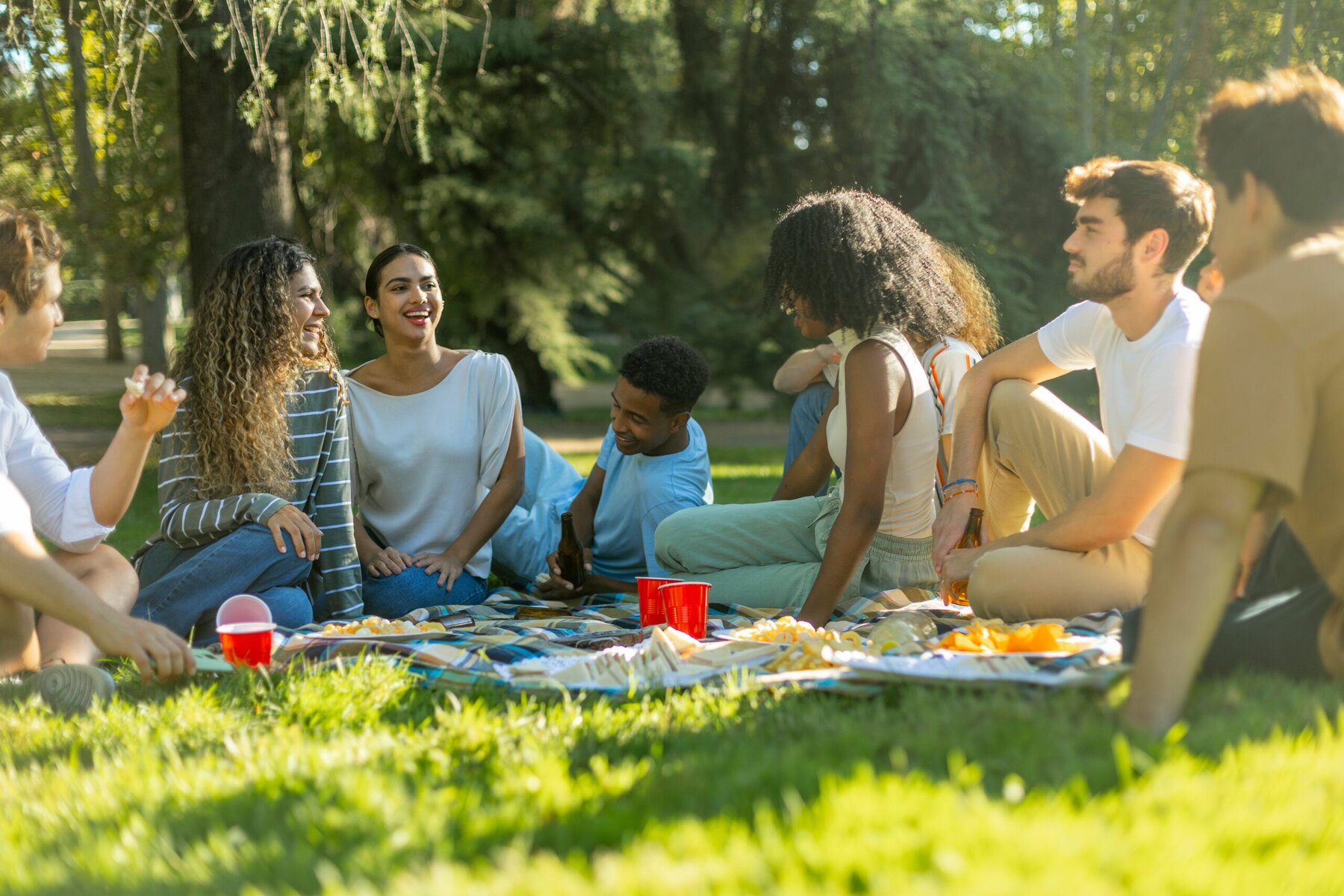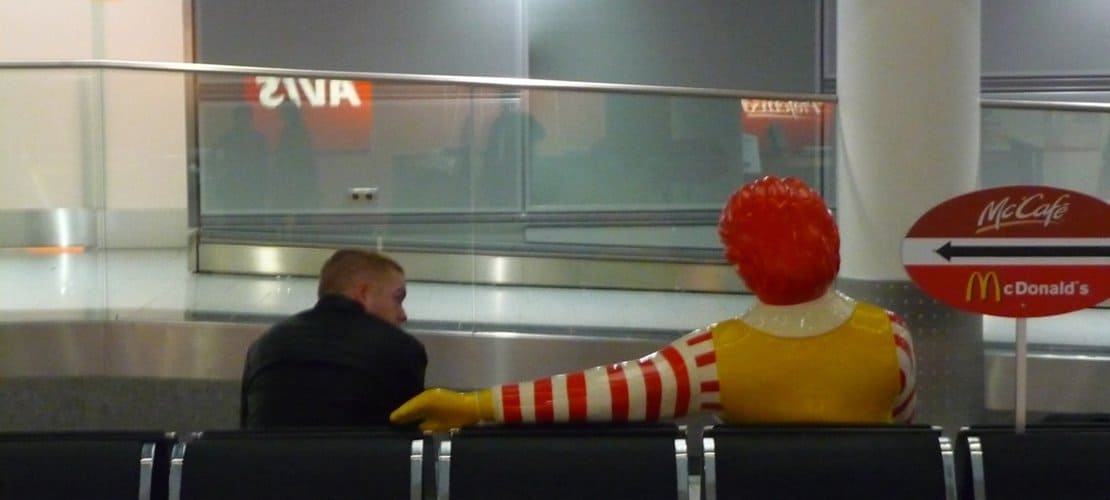Three great stories we found on the internet this week.
Help in hand
Good news for teens who need to talk: As part of a broader effort to address rising mental health concerns since the start of the pandemic, New York City has launched a program that will provide free online therapy.
The initiative, called NYC Teenspace, enables New Yorkers ages 13 to 17 to text, call and video chat with licensed therapists via the online platform Talkspace.
Though live sessions are limited to one per month, texting is unlimited — and valuable. “We have learned that when people face something stressful, messaging is a powerful tool at their fingertips,” said Talkspace CEO Jon Cohen.
Building resilience
Bamboo is having an architectural moment. Yasmeen Lori, an award-winning architect — and the first practicing female architect in Pakistan — is using the material to build structures for displaced Pakistanis. The Heritage Foundation of Pakistan, which Lori founded, has built nearly 40,000 homes since 2022’s devastating monsoon floods. And it’s aiming to hit one million in the next couple of years.
Lori draws a key distinction: these aren’t disaster relief shelters, but rather disaster-resistant homes. They are designed to be easily repaired, added to and, of course, replicated. Plus, bamboo can be harvested much more quickly than traditional timber, and bamboo products can store carbon.
“Architects call it natural steel,” said Liu Kewei, an engineer who has worked on bamboo projects elsewhere. “It’s really a marvelous material.”
Read more at the Washington Post
Hatching plans
The kiwi, a brown bird that one observer recently described as resembling an “avocado with legs,” is New Zealand’s most iconic animal. But while these flightless, nocturnal creatures could once be found all over the country, today there are only an estimated 70,000, mostly in remote areas.
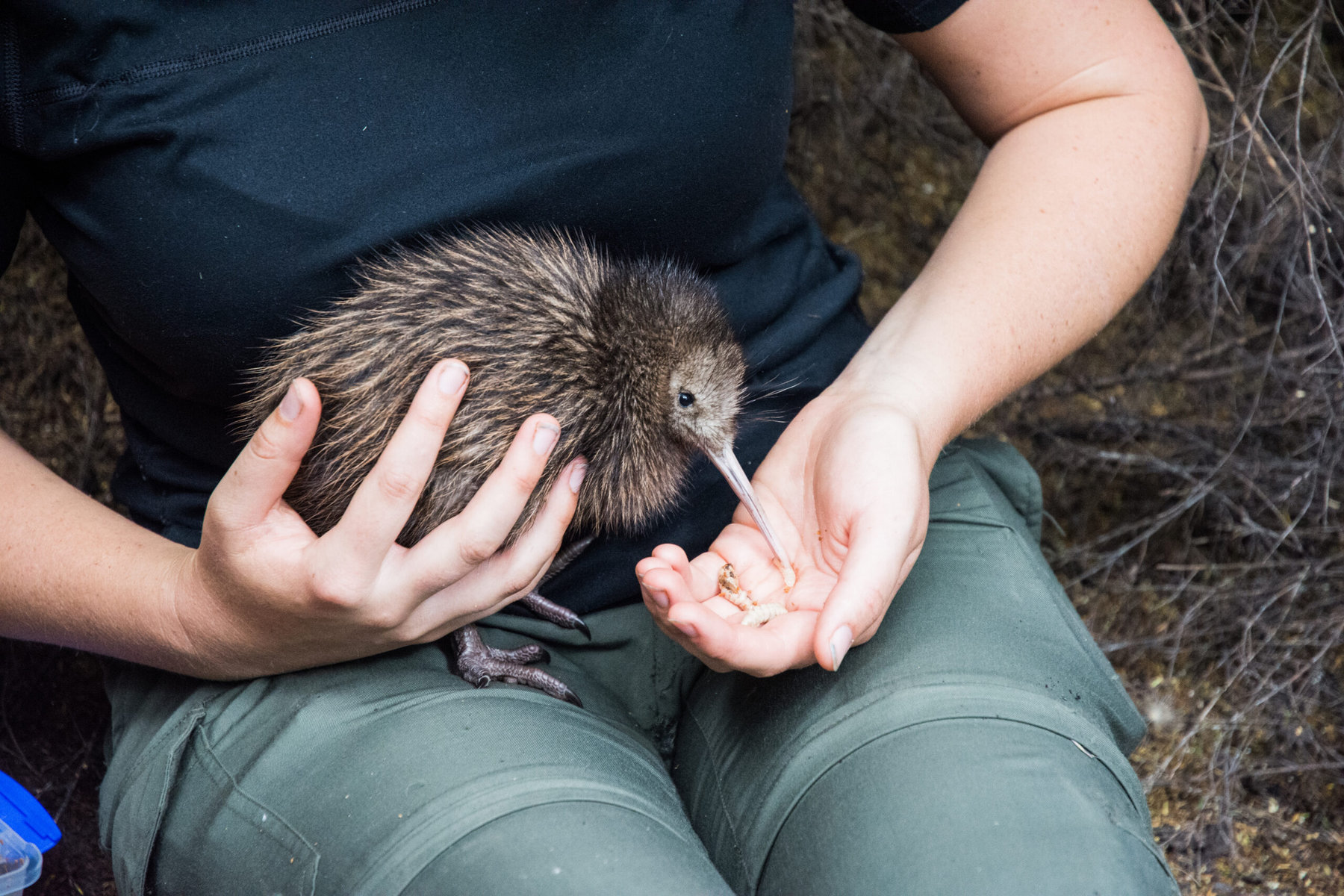
That’s why it’s a big deal that two hatchlings have been discovered just three miles from the bustle of Wellington — the first, experts say, to be born in the wild in the area in living memory. This marks a small but critical victory for a multi-year conservation effort, which included reducing predator populations and reintroducing kiwis into nearby farmlands.
There’s a long road ahead, and those Wellingtonian hatchlings still have to make it to adulthood. But it’s a “special moment,” says Pete Kirkman, the conservationist who found them.






